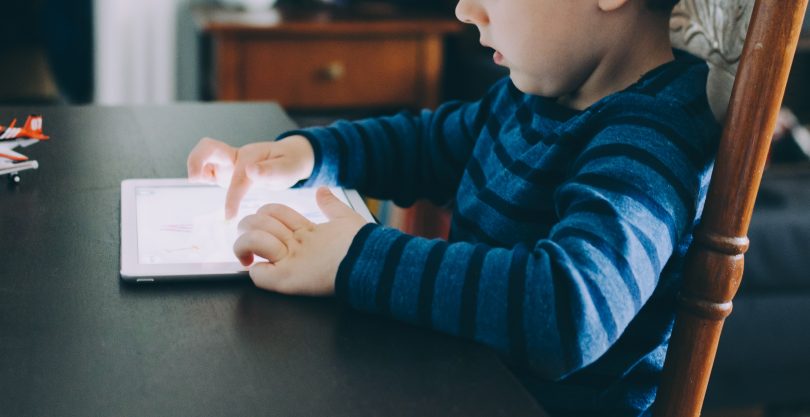Ramsdens Solicitors’ Natalie Marrison shares 10 tips to help keep your child as safe as possible while online.
The recent NSPCC revelation that 5,100 online grooming crimes were recorded by police in just 18 months came as a shock to parents and the general public alike. But sadly, all the evidence suggests that this is simply the tip of the iceberg when it comes to children’s safety online. While the subject might seem overwhelming initially, there are some simple measures that parents can take straight away to guard against potential dangers.
With that in mind, here are 10 tips on keeping your child safe online. Alternatively, you can take a look at our free ebook here for more information.
Keep personal info to yourself
Teach them to not give or post any personal information, including their name, any part of your address, telephone number and email address. Be clear that this rule applies under every circumstance, and if they are asked to give that information that they should come to you first.
Protect passwords
Tell them never to give anyone their password for anything including social media sites, WhatsApp and your home internet account. You could consider keeping any passwords to yourself and logging in on behalf of your children when the password is required.
Check privacy settings
Ensure that your security and privacy settings are high on your network, computer, mobile phones and any other devices used to access the internet, as well as within any browsers you use. Keep checking these sporadically to make sure the settings remain secure.
Keep pictures to yourself
Advise them about sharing pictures of themselves or others. Explain that once images are uploaded online, they will lose control over where they are sent and how they are used or edited. Put them in the habit of never sharing an image, no matter what the original purpose is.
Beware fake friends
People set up fake profiles online, which can be extremely dangerous for children. Advise them about safe relationships and deter them from making friends with anyone they don’t know.
Meeting offline
Tell them that under no circumstance should they arrange to meet someone they have talked with online. Explain the reasons why this can be dangerous and that they should inform you if anybody is asking them to meet up in person.
Keep in the loop
Take a valid interest in your child’s online activities. Online communication through apps, social media and gaming create a world that is less identifiable to parents and having frequent discussions about your child’s online world will alert you to things that are inappropriate.
Look out for your peers
Ensure they are mindful about becoming involved in group discussions and that they understand this can lead to others being abusive or aggressive to one another. Teach them to talk to you about anything that has caused them to feel upset or distressed.
Block and report abusive behaviour
Talk about blocking or reporting behaviour that makes them feel uncomfortable. Use Net Aware to find out how to do this.
Provide a safe space
Discuss issues surrounding online bullying and nasty comments and how this can make someone feel. This can be approached by talking about their friends and how they are interacting with each others, being mindful that such bullying can happen to anyone and giving your child a safe place to talk about their own experiences.
Natalie Marrison is Partner, Head of Abuse and Personal Injury at Ramsdens.co.uk.








